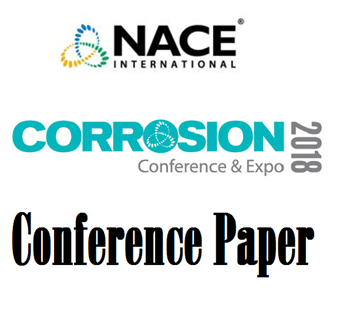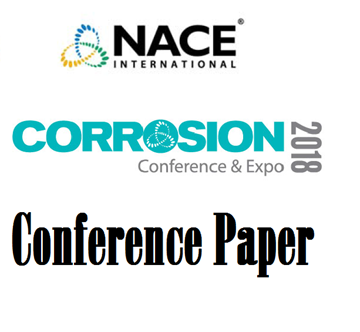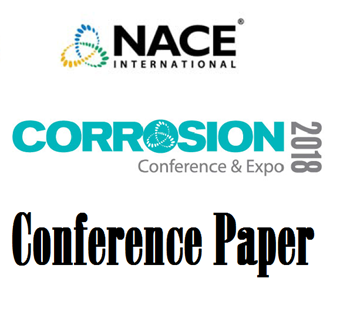Search
51318-11011-Migrating Corrosion Inhibitors as Admixtures To Improve Durability of Reinforced Concrete Structure
Also Purchased
51318-11007-Data Integration Techniques to Support Meaningful Visualization of Corrosion Data
Product Number:
51318-11007-SG
Publication Date:
2018
$20.00
51318-11008-Impact of Wash Water Injection on Corrosion Control in a Gas Recovery Unit
Product Number:
51318-11008-SG
Publication Date:
2018
$20.00
51318-11009-Coating System to Mitigate Against Hydrogen Cracking in Gas Dehydration Unit
Product Number:
51318-11009-SG
Publication Date:
2018
$20.00




